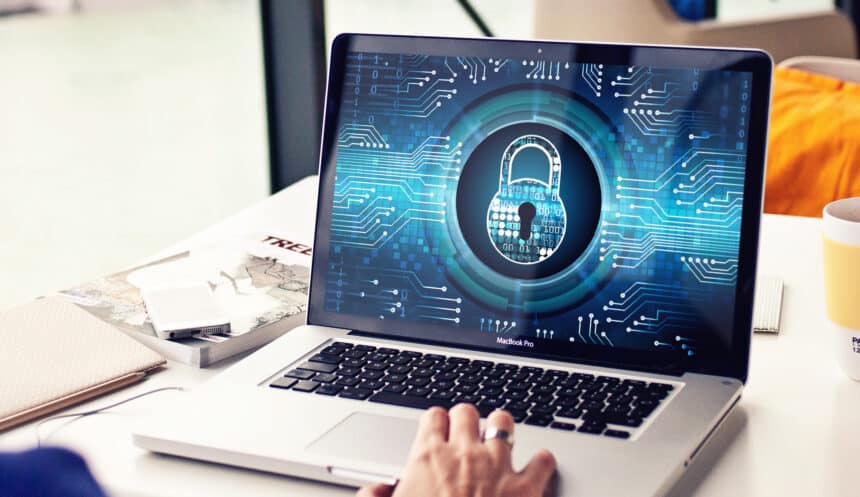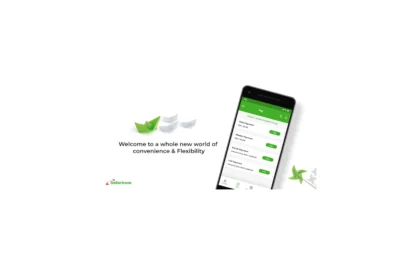The scariest thing about the digital age is that so much information is online for the entire world to see. Nowadays, you cannot survive without using the internet, and so many of the things we used to do in person can quickly be done online, much to the convenience of everyone.
The internet has made things more accessible for people, but it also comes with a price, and people are having growing concerns about online privacy. Websites, online services, and social media platforms are constantly collecting data from users without their consent, and the Cambridge-Analytica scandal of 2016 further proves how at risk our confidential and sensitive data is.
If you’re worried about your online privacy and where to start, don’t worry; we’ve got you covered. This in-depth guide discusses today’s six most effective tools to safeguard online privacy and enhance security. So, if you’re ready, let’s get started.
Why Is Online Privacy & Security Necessary?
Online privacy and security are incredibly crucial. One of the primary reasons is that individuals share a lot of personal information online, including addresses, phone numbers, and financial information. Protecting this information ensures you don’t become a victim of financial fraud, identity theft, and other misuse.
Cybercriminals can also use your Personally Identifiable Information (PII) to impersonate individuals, open fraudulent bank accounts, apply for credit cards, and other forms of identity theft. Privacy and security measures help reduce the risks of these incidents.
When you use online platforms, they’re often susceptible to cybercrimes like hacking, phishing, and ransomware attacks. Privacy and security measures help safeguard against these threats, which helps reduce the risks of data breaches and other cybercrimes.
Privacy and security measures also help protect you using a public network. Since public networks are vulnerable to cyberattacks, implementing effective security measures can help prevent these attacks.
Companies often deal with sensitive and confidential data, information about their employees and customers, trade secrets, and other proprietary information. Failure to protect this data affects their reputation and compromises the data of their employees and customers, making them lose trust.
When you’re making online transactions, it involves a lot of sensitive financial information. Without adequate security measures, cybercriminals can have unauthorized access to your banking details, credit card information, and other cybercrimes.
If cybercriminals access your IP address, they can track your data, including your approximate location. You can avoid this using a VPN service that hides your IP address. We’ll talk more about this in the next section, but as you can see, implementing privacy and security measures can help you avoid these issues.
What Are The Top Tools To Help Enhance Your Privacy and Security?
Here are the most effective privacy and security tools you can implement to take your privacy and security to the next level. Let’s look at them in detail:
1) Strong Passwords and Two Factor Authentication
Weak passwords are a huge reason for data breaches and your online accounts getting compromised. The key is using a reliable Password Manager and strong passwords to ensure your online accounts and devices are not compromised. A strong password includes uppercase lowercase letters, special characters, and numbers. So, make sure you have passwords with these components.
You should also enable Two Factor Authentication on your accounts. Two Two-factor authentications adds an extra layer of security by requiring additional verification. To access your account, enter a one-time password (OTP) sent to your number or email or provide biometric verification.
2) Antivirus Software
Antivirus software is a security tool that helps protect your devices against malware attacks. Reliable antivirus software scans your device in real-time and monitors it for malicious software or suspicious activities.
Once it detects it on your device, it will remove it immediately to ensure that your device runs smoothly and doesn’t get compromised. So invest in an antivirus software to protect your device.
3) VPNs (Virtual Private Networks)
VPNs encrypt your internet traffic and mask your IP address, making it difficult for ISPs, cybercriminals, and other third parties to intercept your data.
The fast VPN provider assigns you a different IP address from another location, enabling you to bypass geolocation restrictions and gain access to different websites and services without ISP throttling without slowing dowing your system. Since all your data is routed through a secure VPN tunnel, it remains safe and secure and doesn’t get compromised.
4) Anonymous Browsers
Popular web browsers like Google Chrome, Firefox, and Edge are known to collect user’s data for personalized recommendations and targeted advertising. Sometimes, this data is collected without the user’s consent. You can avoid this by opting for web browsers focused on privacy and keeping your online activities anonymous.
One of the most popular privacy-focused web browsers is the Tor Browser, which focuses on anonymity. It routes your web traffic through a series of volunteer-run servers, which makes it challenging for ISPs, governments, and malicious actors to track your online activities and trace them back to you.
5) Firewalls
One way to protect yourself against cyberattacks and malicious software is to use Firewall. It acts as a protective shield to protect your device and network against cyber threats. It monitors and controls the incoming and outgoing network traffic, which helps prevent unauthorized access.
A firewall allows specific software to pass if it meets certain criteria and blocks software that doesn’t. It reduces the risk of malicious software infecting your device, prevents unauthorized access to your network, and blocks access to specific websites.
6) Encryption
Our messages and conversations with our friends and family contain a lot of personal information, which can be exploited if your device and chats get into the hands of cybercriminals and hackers. Investing in end-to-end encrypted messaging apps can prevent your chats and messages from getting compromised.
End-to-end encryption ensures that only the sender and recipient can read the message’s contents. WhatsApp and Signal are two excellent options for end-to-end encrypted apps that you can use to protect your data and keep it away from prying eyes.
Conclusion
Users are growing concerned about their data privacy and security since so much of our data gets shared online. It’s natural to be concerned since cybercriminals have also become competent in stealing and compromising sensitive data at any given opportunity. This guide outlines the most effective ways to protect your sensitive and confidential data from harm’s way.













